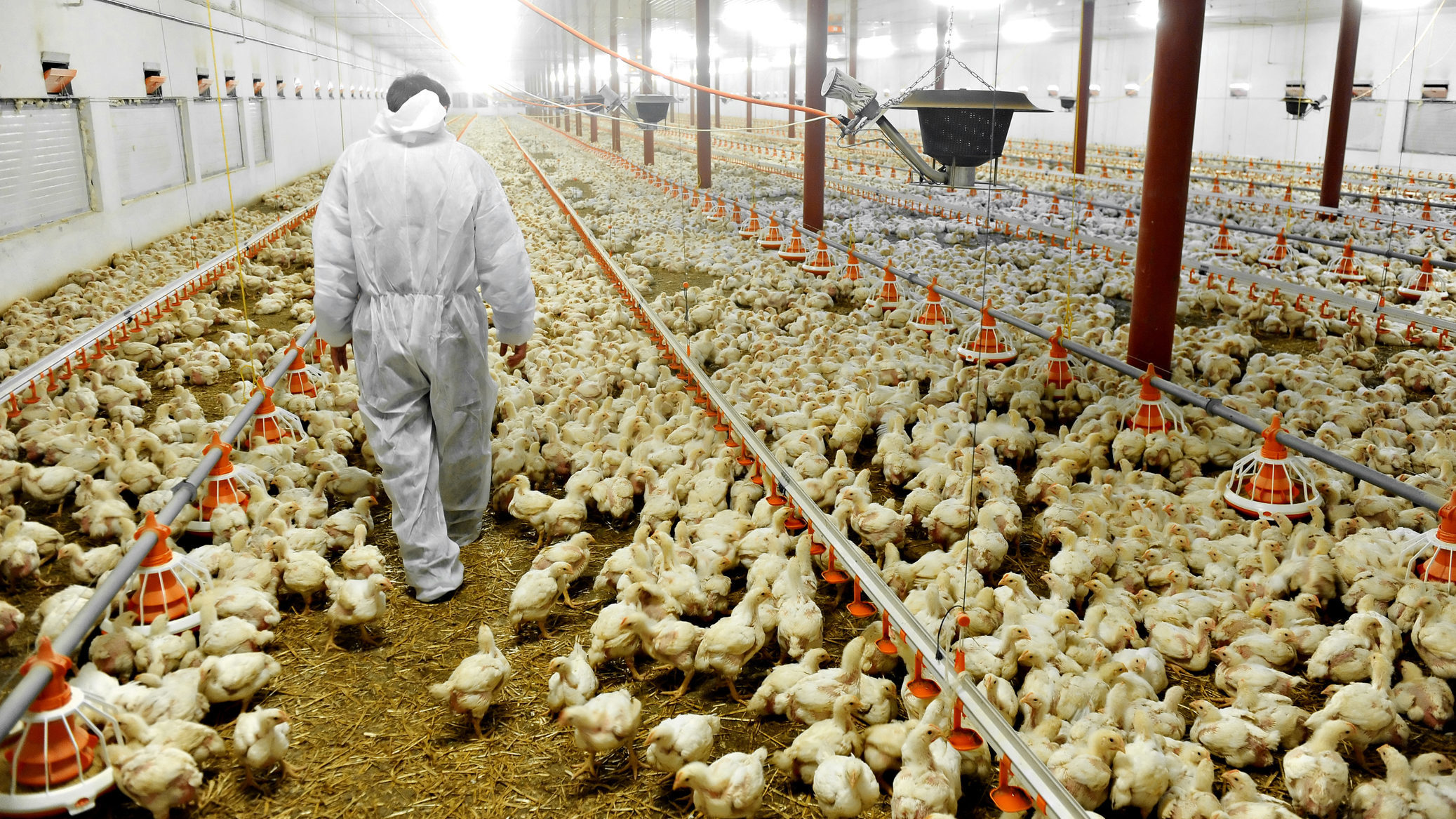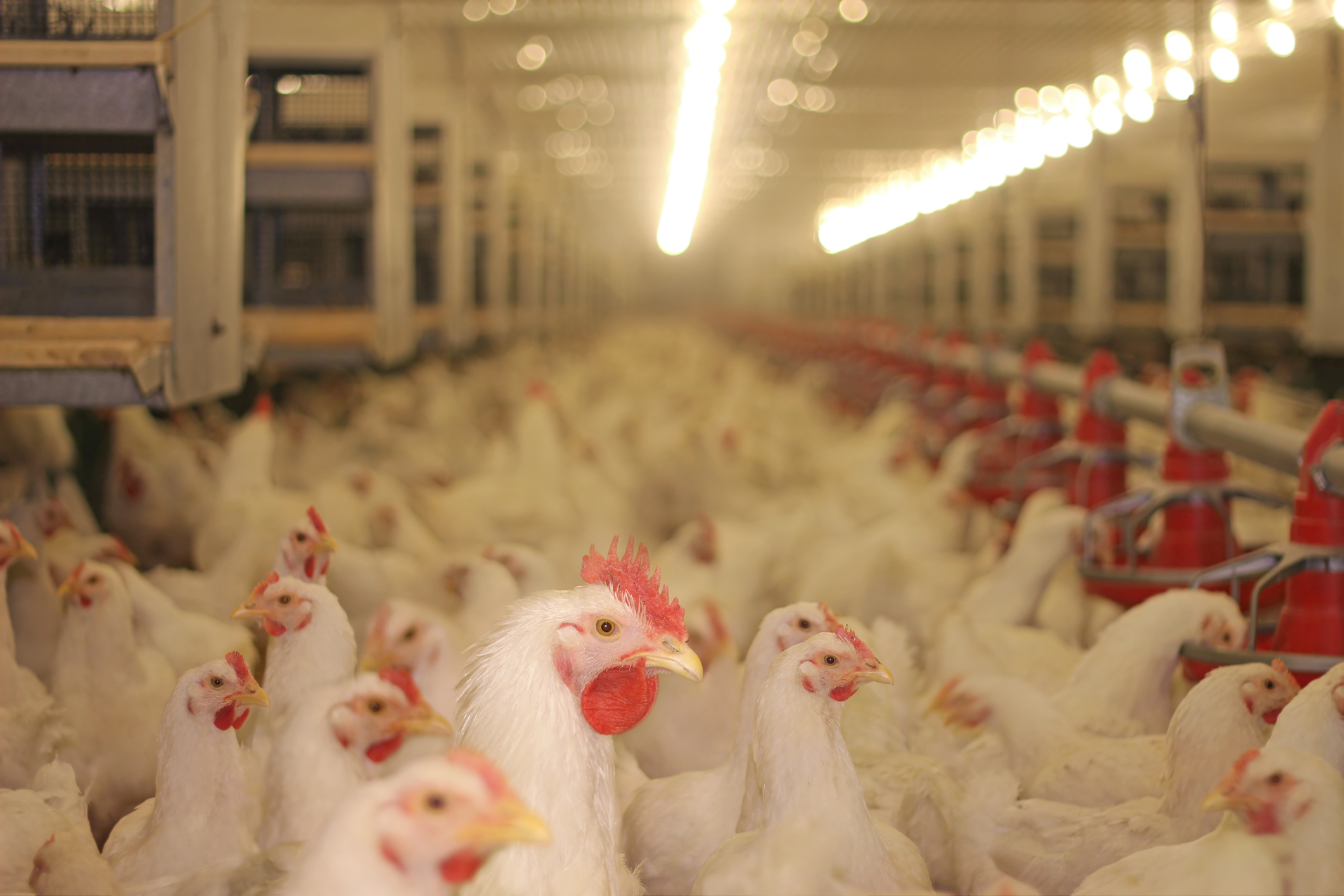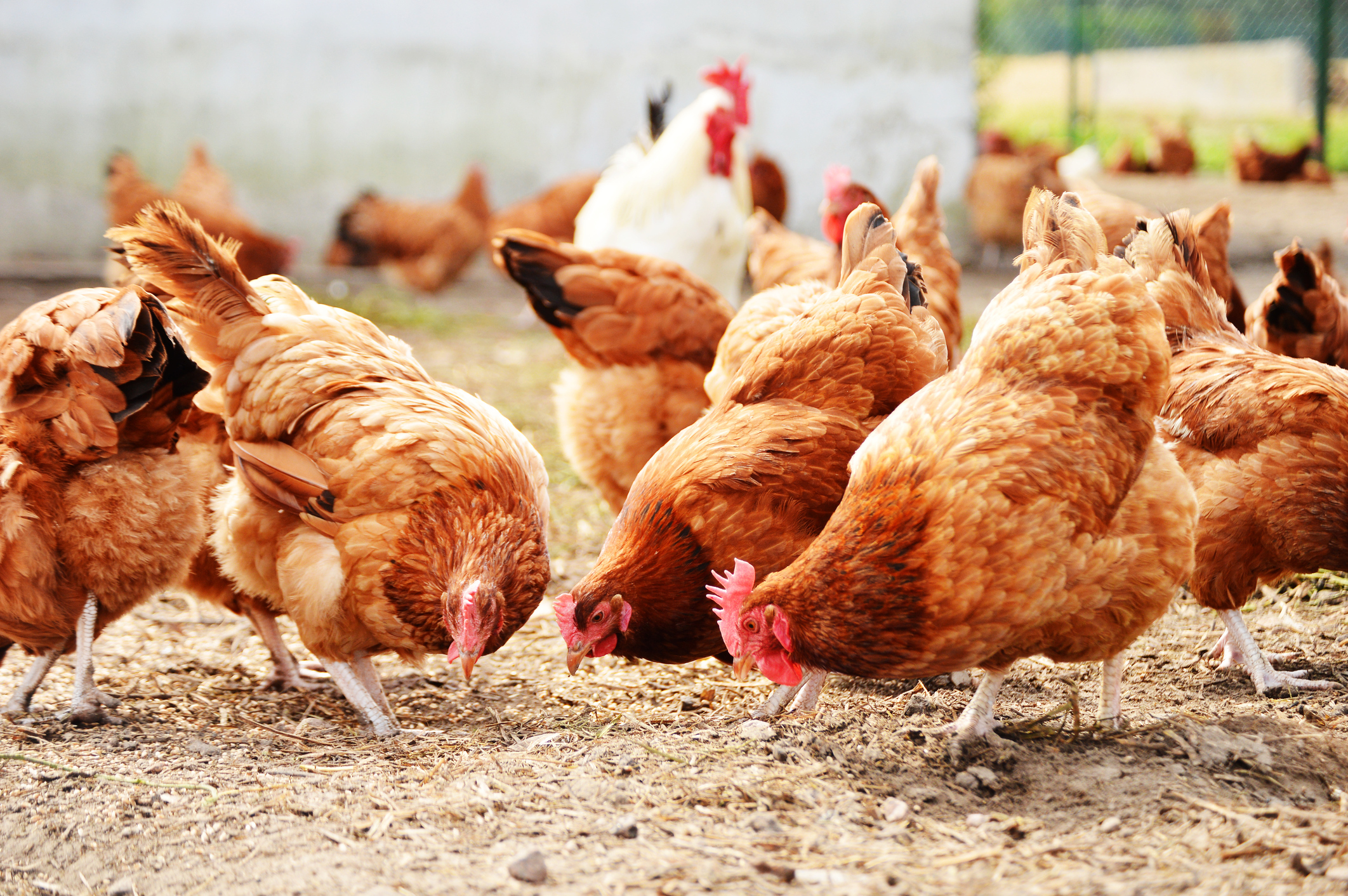
COUNTRYFILE presenter Tom Heap has suggested school children should be made to visit abattoirs in order to improve their understanding of where their food comes from.
Heap, 52, has called for greater transparency of food production practices to increase awareness of animal welfare.
In an opinion piece written for the Radio Times he said: “I honestly believe that slaughterhouses, intensive chicken barns or crowded pig pens should be open to the public eye. Schools should be encouraged to visit as part of the curriculum.”
He also claimed “ferocious tribalism” from environmentalist campaign groups on social media was contributing to unjustified suspicion of farming methods in the UK.
Around 70% of the UK eats meat and dairy and 95% of the country currently eats chicken, doing so around twice a week.
But does this same percentage know exactly where their meat is coming from?
An investigation by the Guardian and Investigative Journalism Bureau last year uncovered that the UK is already home to at least 800 US-style “megafarms”, some of them rearing more than a million chickens in vast factory style complexes.
In the UK government’s welfare policy “All chickens must have enough freedom of movement to be able to stand normally, turn around and stretch their wings without difficulty. They should also have enough space to be able to sit without interference from other birds.”
However reports claim that chickens in these factories typically have the space of an A4 sheet of paper to move in and an average lifespan of 42 days, produced by rapid weight gain.
Farmers and supermarkets, however, deny that their increasingly intensive production methods are cruel. They point out that animal welfare standards do conform to the food industry’s assurance scheme and are much better than they used to be.
Richard Griffiths, chief executive of the British Poultry Council (BPC) agrees. In an interview with the Bureau of Investigative Journalism he said: “Indoor reared birds, on any size of farm, are in a controlled environment that provides good welfare. We operate under science-based legislation, the requirements of which are delivered by professional farmers and vets with high levels of training and experience.”
But, according to Tim Lang, professor of food policy at London’s City University and a former government adviser, chickens have extremely deprived lives in factory farms. “Probably no animal farmed intensively has a shorter, more captive or controlled life than the broiler chicken,” he said.
In the USA, less than 1% of chickens are raised as ‘free-range’ (the term is used if chickens have access to the outdoors for at least some part of the day).
If UK consumers want free range chicken, Griffith’s claims it is available: “For consumers who want to emphasise one or two parts of the production chain then an extensive choice is available across the country, and it is this variety of indoor and free-range that is a strength of British poultry meat production.”
Compassion in World Farming (CIWF), a charity that campaigns to improve animal welfare standards reports that the typical ideal of ‘free range’ chicken, of birds pecking around farmyards and scratching at vegetation applies only to organic free range chickens. These birds are slower-growing breeds and are slaughtered 81 after hatching.
If schools were allowed entry to factory farms, Heap believes it could help to eradicate cruel practices that are taking place, but also clear up common misconceptions about cruelty in the farming industry. He said: “For me, secrecy breeds malpractice inside and, frequently unjustified, suspicion on the outside. It’s very easy for campaign groups to fill in the void with their own version of how animals are treated.”
Countryfile is next on air at 7pm on Sunday.

Enjoy the convenience of having The Sunday Post delivered as a digital ePaper straight to your smartphone, tablet or computer.
Subscribe for only £5.49 a month and enjoy all the benefits of the printed paper as a digital replica.
Subscribe
